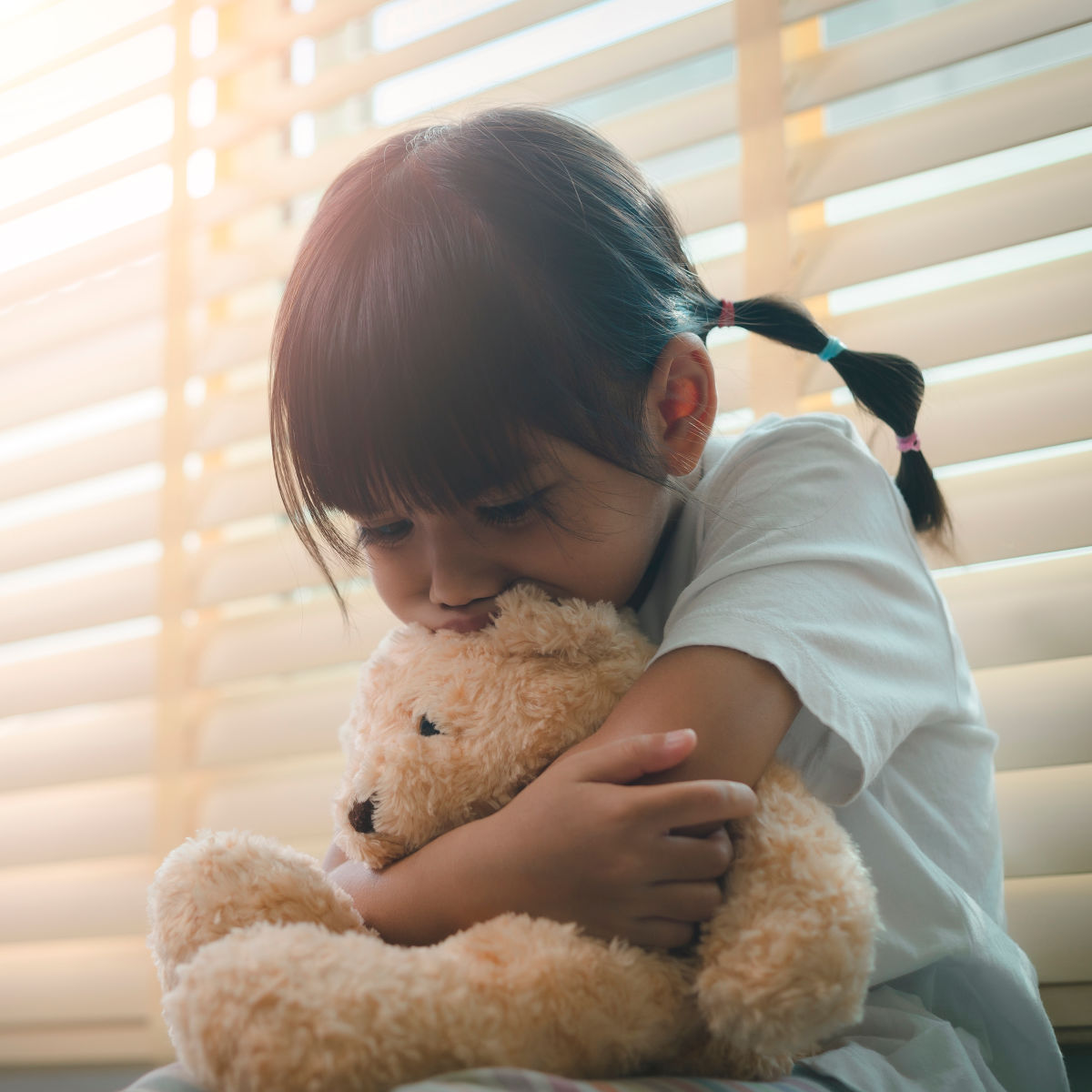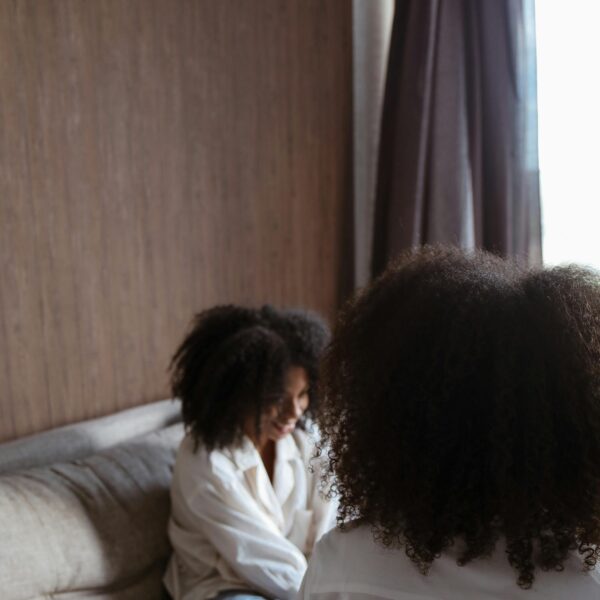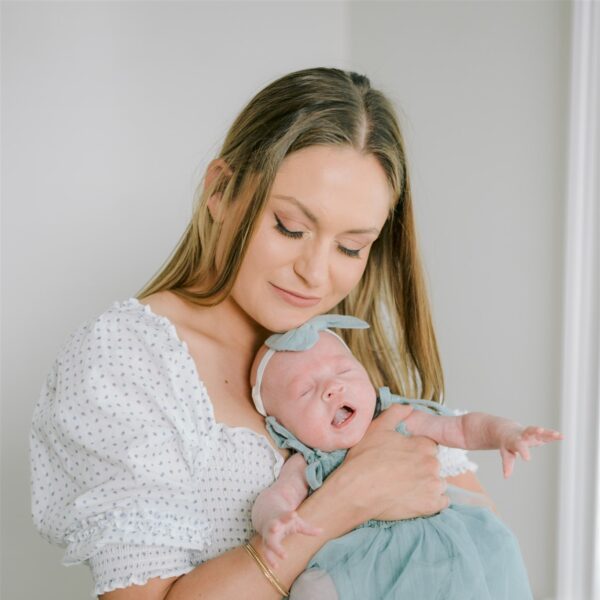
The past two-and-a-half years have been an interesting journey for all of us. Our world shifted dramatically in March 2020, and we had to adjust to new norms beyond our control. If motherhood was also part of your equation, pandemic parenting probably felt (and may still feel) even more isolating, scary, and overwhelming. It definitely was for me!
At the onset of the pandemic, I was three months postpartum and had just discovered I was pregnant with my second child. So many thoughts flooded my mind. I wondered how I could keep my kids safe from this new virus. AND I worried about how I would manage my mental well-being in quarantine…with a newborn…while I was also coping with the unpleasant symptoms of my first trimester.
I was finally feeling like myself again after experiencing postpartum depression and was ready to accept help from extended family during my second pregnancy. I was excited to take my daughter to playgroups in the neighborhood and find ways to meet other new moms. And now, none of that was possible, which was scary for me.
The lack of normalcy turned into guilt. I worried for my baby, who could not experience new things. I feared she would fall behind developmentally. We coped by taking long walks around the neighborhood, having outdoor visits with family, and even trying a virtual baby music class. I put a lot of pressure on myself to make things as normal as possible for my baby. Although on the outside, people told me I was doing my best, internally, I was struggling and felt completely isolated.
In December 2020, my second baby was born. By this time, I was exhausted from constantly trying to entertain my daughter while working from home. The pandemic dragged on. Then I began feeling conflicted, because I wanted my kids to be outside as the world started to open up a bit, but I was also terrified of them getting sick since they couldn’t get vaccinated yet.
If any of this sounds familiar, here are my reminders for pandemic parenting…
You are not alone.
Studies have shown that 1 in 5 birthing people and 1 in 10 fathers will experience a postpartum mood disorder. Since the pandemic, the numbers have understandably increased. Pandemic parenting can feel lonely, especially during such a difficult time, and finding ways to care for yourself may feel much more challenging, too. Connecting with other parents who are raising children around the same age as yours is one way to cope with this. Other parents, more likely than not, can empathize with what you are going through. And don’t forget to lean on your support network when you can! There is no shame in asking for help.
It’s ok if you’re still struggling.
Many people have stopped wearing masks and may feel safe in crowds again. There may be a lot of pressure to return to the way things were pre-pandemic. But your personal fears are valid, and it’s OK if you are still struggling in the ‘post-pandemic’ world. There is much more to consider now that we didn’t have to think about before. It can be scary to introduce your child to the outside world again for fear of them getting sick or facing a new variant. Building a new normal for your children can be overwhelming and comes with its own challenges. Above all, it’s important to remember to do what is best for you and your family. Be true to your family’s needs, and when it feels possible, try practicing gratitude. You’ve made it this far, and no matter the circumstances, you are making special memories with your children.
There is no correct way to parent.
Everyone will always have their own way of doing things. Adjusting to parenthood is complicated during the best of times, let alone right now! So it is important to be kind to yourself. Allow yourself to let go of expectations and societal pressures. Now, more than ever, if you need a break, please make space for yourself to take it. No one had the answer to being a perfect parent before the pandemic, and no one has the answer now!
It’s not your fault.
My final message is this: remember, these circumstances are not your fault. You did not know there would be a pandemic or how long it would last. The best thing for your child’s mental health is simply providing a warm and loving relationship, which you are already doing by being their parent.
You are doing GREAT.
Leah specializes in parenthood, peri/prenatal mental health, substance use, trauma, anxiety, and depression. To learn more about Leah, read her bio here.
Looking for a therapist or unsure where to begin? Get started on our booking page.





Leave a Reply